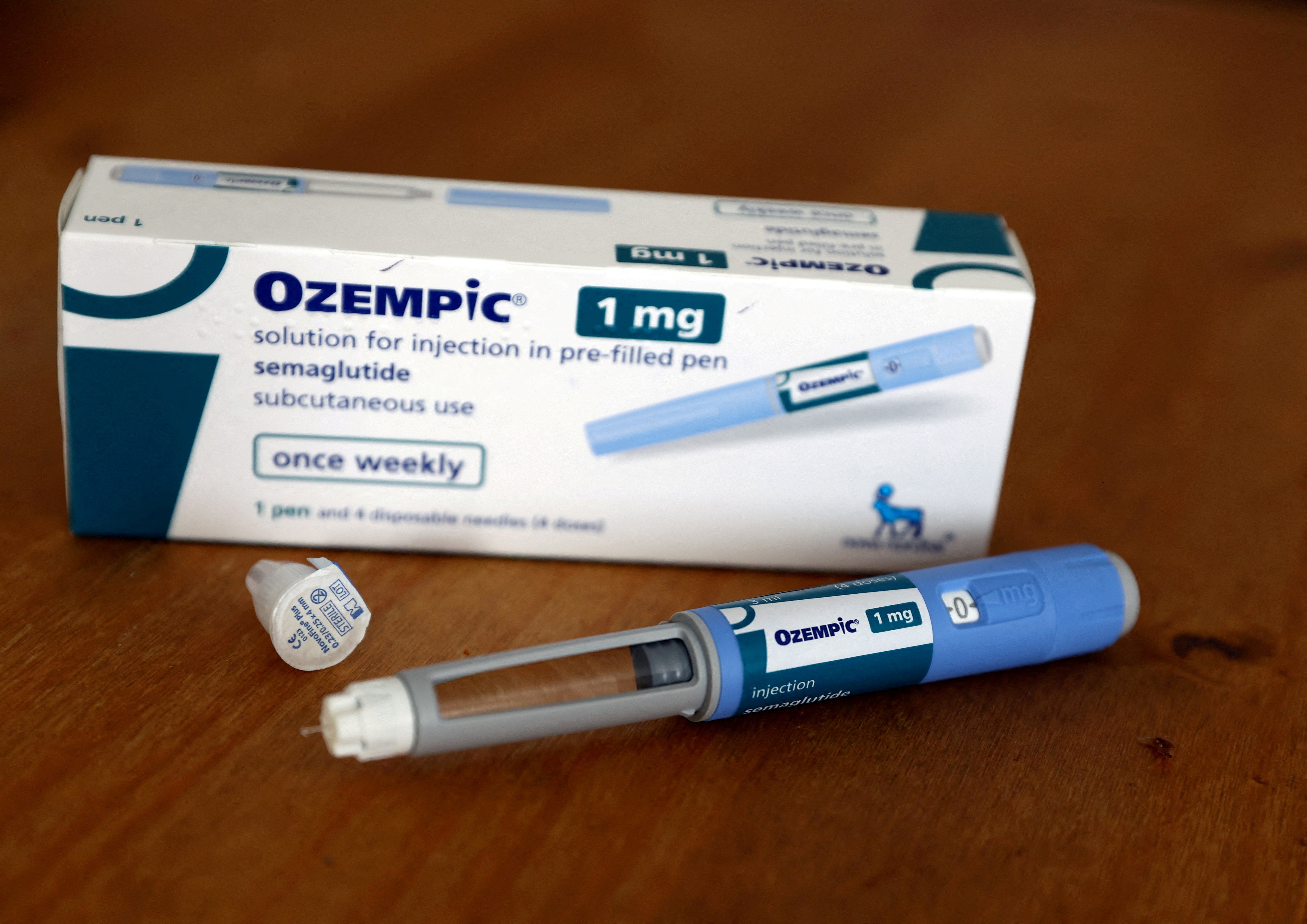‘It’s alarming’: How Ozempic is being misused and worsening eating disorders
Share:
Olivia Petter talks to experts who say that people with eating disorders are especially vulnerable to the allure of ‘quick fix’ slimming with diabetes drug semaglutide... and are not thinking about its side effects. If someone had told my teenage self that a magical drug would make me thin, I’d have taken it without question. Not that I had an eating disorder, at least not in the sense that I ever starved myself or made myself sick after meals. But back then, negative thoughts about my body consumed me in a way that was far from healthy. This was despite the fact that I was, objectively, slim already. But like all of my female friends, I was riddled with insecurities about the way I looked, and would remain so until my mid-twenties.
Now, it’s common to hear stories of recovering bulimics, as well as those with anorexia, accessing Ozempic through back channels (in the UK, you can easily obtain the drug from pharmacies by fudging responses to an online survey) and using it as an extension of their eating disorder. I know two women doing just that – and at least three others considering it. One told me over Christmas that she was desperate to get hold of some so that she’d finally be happy. She was joking, I think. But the remark illustrated a startling fact: that the advent of weight-loss drugs has inadvertently provided a group of vulnerable, unwell people with a new way to exacerbate their illness.
“We know that people have been able to get hold of Ozempic when they shouldn’t, for example by amending weight details when requesting it from online pharmacies, or getting it through the black market,” says Tom Quinn, head of external affairs at Beat, the UK’s leading eating disorders charity. “Eating disorders will not suddenly be improved by the person affected losing weight – while it might bring their BMI [body mass index] down in isolation, it will do nothing to address the eating disorder and could make symptoms worse.”.






















